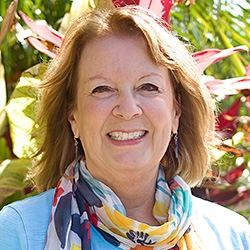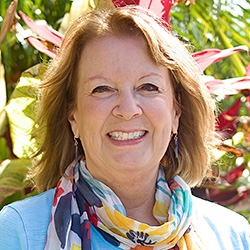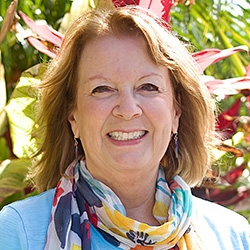

NVC Resources on Needs
-
Trainer Tip: Every human being has the same universal needs -- even as each person may choose different strategies to meet those needs. Notice the universal needs you share with other people today.
-
Trainer Tip: There are many ways to meet a need. Open to new possibilities.
-
Mary Mackenzie leads listeners through a guided meditation to experience the energy of needs. This meditation will support you to connect to your feelings and needs in the moment, and to experience the unique and deep energetic quality of that primary need.
-
Trainer Tip: Control is a strategy, not a need, often confused as the reason for someone's actions.
-
Join Susan Skye in this hour-long audio recording to learn how to experience the NVC consciousness as an embodied, living practice of the 'Living Energy of Needs." This recording includes a supportive learning exercise and tips for expressing needs in a non-mechanical way.
"Over the years, I have noticed that people -- including trainers and facilitators -- use the words of the NVC process without full connection to life energy, often resulting in a failure to get to a full connection with actual life energy of these qualities that we have named "needs." This results in a mechanical communication model, rather than a true empathic connection. Join me in learning how to share NVC as an embodied, living practice of the 'Living Energy of Needs."
—Susan Skye -
Learn to tell needs from strategies in parenting with two simple questions for clarity.
-
LoraKim Joyner addresses the sense of overwhelm that can accompany holding the needs of the many. Practicing self-empathy is a pathway to living in the tension of mutually holding my needs and the needs of others.
-
See how to better connect with children’s needs, especially when they resist or react to requests.
-
John Kinyon shares how self-connection and mourning help balance your needs with others’.
-
Print-and-cut these 71 needs cards for one-on-one, partner or group activities, to help support the pratice of empathy. Includes nine blank cards for you to customize.

Quick Links
Subscription Preferences
Stay In Touch!
Looking for ways to keep up with NVC Academy news, get special offers, free resources, or words of inspiration? Here are five ways to stay engaged:









